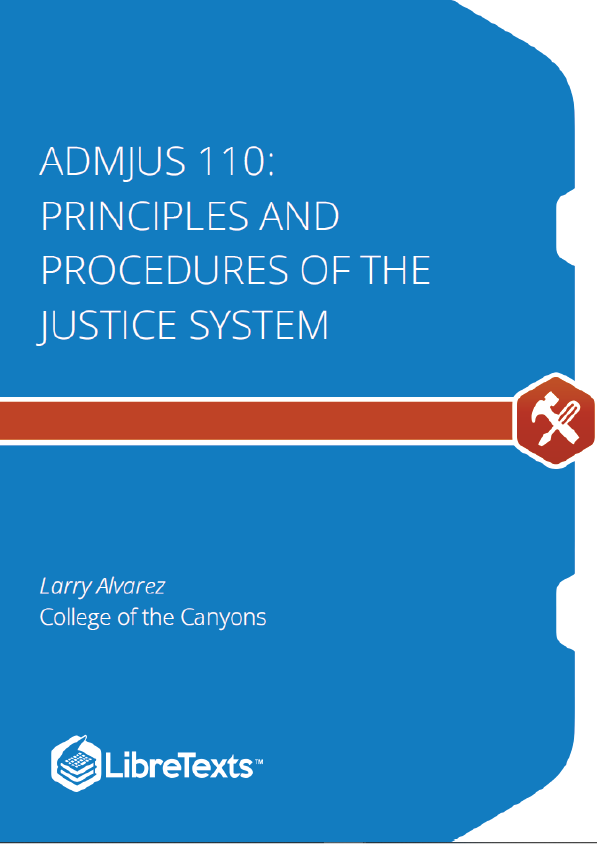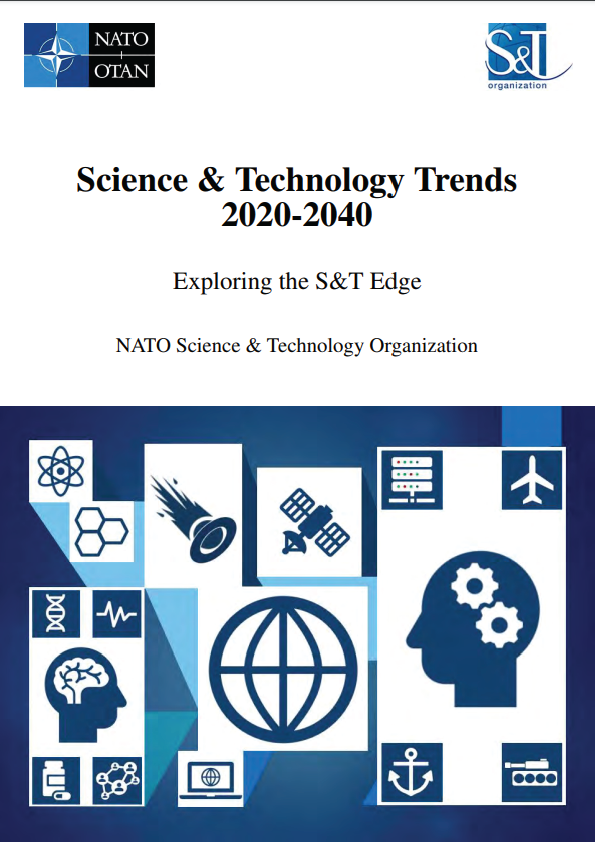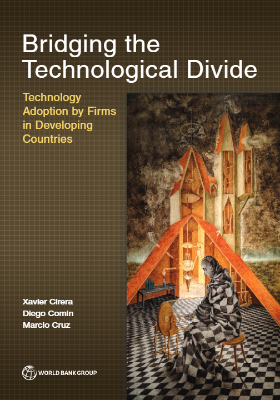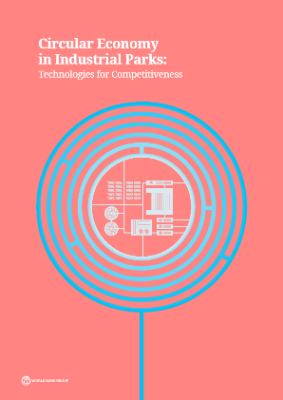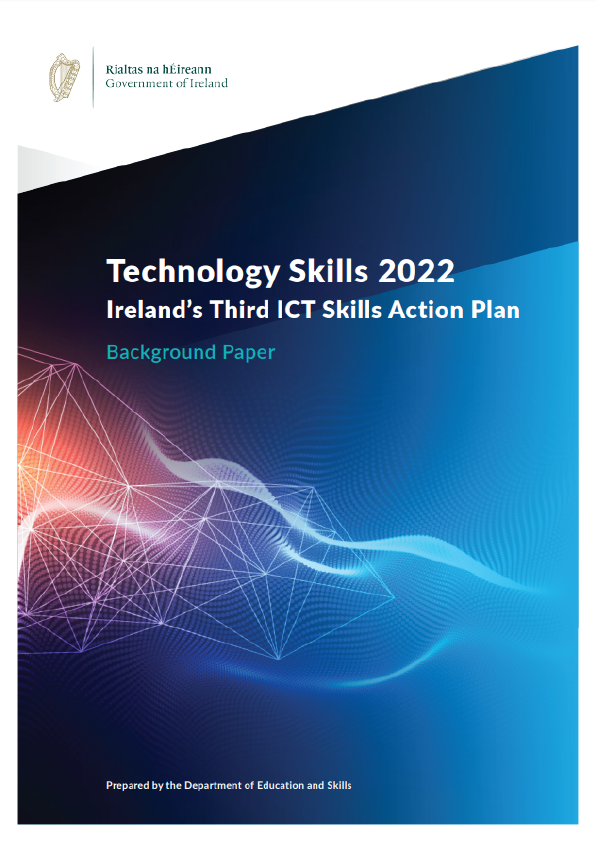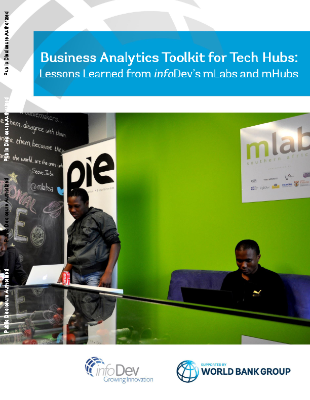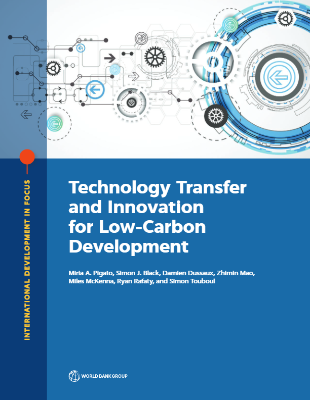The text examines due process in criminal proceedings from pre-arrest through trial and the appeal process using statutory law and state and federal constitutional law precedents. Includes an in-depth study of each primary segment of the administration of justice system.
Searches and Seizures
The purpose of the 4th Amendment is to deny the national government the authority to make general searches and seizures of property. A major issue over the years has been the interpretation of “unreasonable” searches and seizures. The rules can be complicated. They also change often, but the general principle is that searches are valid methods of enforcing law and order, but unreasonable searches are prohibited.
There are probably no encounters on the streets (or anywhere else) that are more “rich in diversity” than those daily exchanges between officers and the public. After all, they run the gamut from “wholly friendly exchanges of pleasantries” to “hostile confrontations of armed men involving arrests, or injuries, or loss of life.”
Situated between these two extremes—but much closer to the “wholly friendly exchange” end—is a type of encounter known as an investigative contact or “consensual encounter.” Simply put, a contact occurs when an officer, lacking grounds to detain a certain suspect, attempts to confirm or dispel his suspicions by asking him questions and maybe seeking consent to search his person or possessions. As the Supreme Court explained:
Even when law enforcement officers have no basis for suspecting a particular individual, they may pose questions, ask for identification, and request consent to search luggage— provided they do not induce cooperation by coercive means.
One of the interesting things about contacts is that they usually pose a dilemma for both the suspect and the officer. For the suspect (assuming he’s guilty) the last person on earth he wants to chat with is someone who carries handcuffs. But he also knows that his refusal to cooperate, or maybe even a hesitation, might be interpreted as confirmation that he is guilty. So he will ordinarily play along for a while and see how things go, maybe try to outwit the officer or at least make up a story that is not an obvious crock.
Meanwhile, the officer knows that, while his badge might provide some “psychological inducement,” he cannot “throw his weight around.” Thus he must employ restraint and resourcefulness, all the while keeping in mind that the encounter will instantly become a de facto detention if it crosses the line between voluntariness and compulsion.6 So it often happens that both the suspect and the officer are role-playing—and they both know that the other knows it.
For officers, however, acting skills and resourcefulness are not enough. As one court put it, they must also have been “carefully schooled” in certain legal rules—the “do’s and don’ts” of police contacts—so as to prevent these encounters from inadvertently becoming de facto detentions, at least until they develop grounds to detain or arrest. What are these “do’s and don’ts”? That is the subject of this article. To set the stage, it should be noted that, whenever an officer interacts with anyone in his official capacity, the law will classify the interaction as an arrest, detention, or contact. Arrests and detentions differ “markedly”8 from contacts because they constitute Fourth Amendment “seizures” which require some level of suspicion; i.e., probable cause or reasonable suspicion. So, as long as the encounter remains merely a contact, the Fourth Amendment and its various restrictions simply do not apply.
One other thing. Officers will sometimes contact a suspect at his home. Known as “knock and talks,” these encounters are subject to the same rules as contacts that occur in public places. But because they are viewed as more of an intrusion, there are some additional restrictions that we will cover in the article “Knock and Talks” that begins below.
